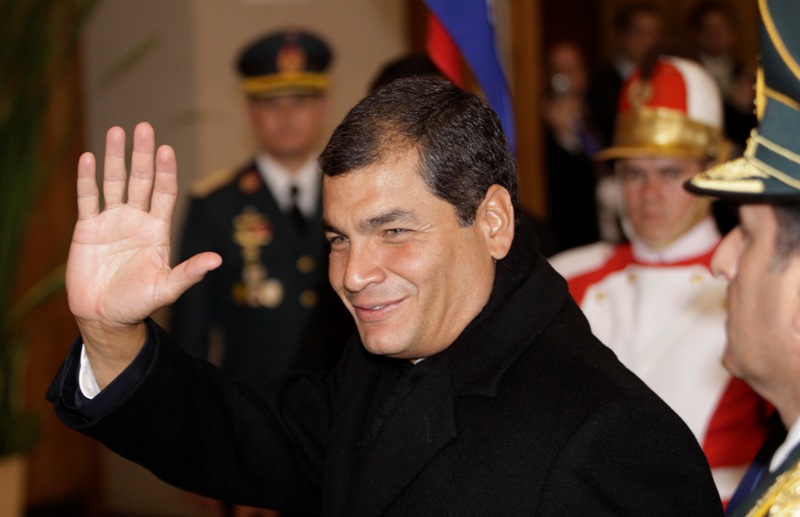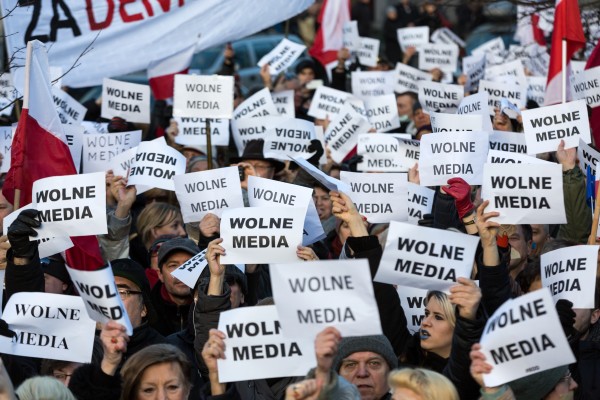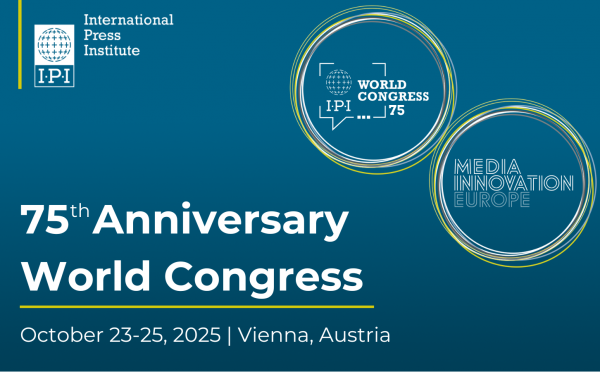This report summarises the findings IPI’s May 2012 press freedom mission to Ecuador. It concludes that the nation’s private media outlets are being targeted by the government of President Rafael Correa.
The nearly 30-page report enumerates diverse tactics directed at the private press by the Correa administration, including the pursuit of legal projects designed to weaken independent media outlets and the systematic employment of offensive rhetoric—publicly disseminated through government-run media—designed to tarnish the reputations of critical journalists, publishers, and press freedom groups.
The report criticises two recently passed legal measures: the so-called “Anti-Monopoly Law” and reforms to the electoral law, which appear poised to curtail the ability of independent media to raise essential capital and properly inform the voting public, respectively. Two additional bills currently under consideration—a new communications law as well as reforms to the country’s penal code—would further restrict critical investigative journalism.
Other serious points of concern highlighted in the mission report include the Correa administration’s frequent abuse of cadenas, presidential addresses that television and radio stations are required to broadcast and which are often used by the government to silence or distort criticism; the government’s continued control of seized media outlets it had promised to sell; the lack of will among private media, public media, and the administration to engage in meaningful dialogue; and the palpable sense of fear among both journalists and resigned editorial departments, which is already leading to self-censorship.



